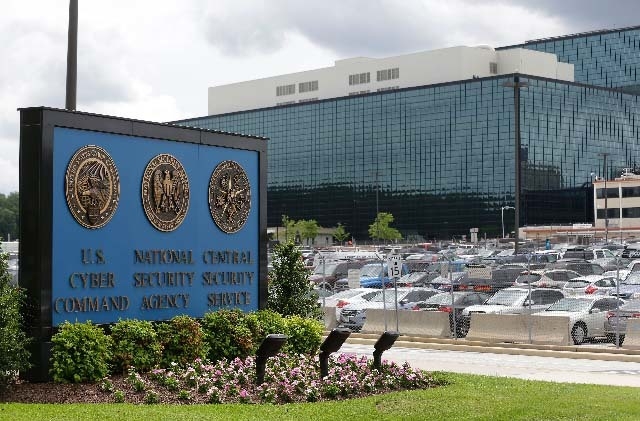Feds detail previously secret spying abuses from 2009
SAN FRANCISCO — Federal officials on Tuesday released previously classified documents showing misuse of a domestic spying program in 2009.
The Obama administration has been facing mounting pressure to reveal more details about the government’s domestic surveillance program since a former intelligence contractor released documents showing massive National Security Agency trawling of domestic data.
The information included domestic telephone numbers, calling patterns and the agency’s collection of Americans’ Internet user names, IP addresses and other metadata swept up in surveillance of foreign terror suspects.
The documents released Tuesday relate to a time in 2009 when U.S. spies went too far in collecting domestic phone data and then mislead a secret spy court about their activities.
The documents came in response to a lawsuit filed by the Electronic Frontier Foundation.
A federal judge in 2011 said in a declassified order that he was troubled by at least three incidents over three years where government officials admitted to mistaken collection of domestic data.
POLL: PRIVACY RIGHTS DECAYING
WASHINGTON — Following disclosures about the National Security Agency’s massive surveillance programs, a majority of Americans believe the U.S. government is doing a poor job of protecting privacy rights, according to a new poll by the Associated Press-NORC Center for Public Affairs Research.
Close to 60 percent of Americans oppose the NSA’s collection of data on telephone and Internet usage. A similar majority opposes the legal process supervised by a secret federal court that oversees the government’s classified surveillance.
The American public is still anxious about terrorism as the 12th anniversary of the 9/11 attacks approaches. About 6 in 10 Americans feel it is sometimes necessary to sacrifice rights to confront terrorism.
But suspicions about the government’s promises to protect civil liberties have deepened since 2011. Only 53 percent now say the government does a good job of ensuring freedoms, compared to 60 percent two years ago.
The shift in public attitudes follows a three-month barrage of leaks to media organizations by Edward Snowden, the former NSA contractor who released secret documents about the surveillance agency’s inner workings.

















